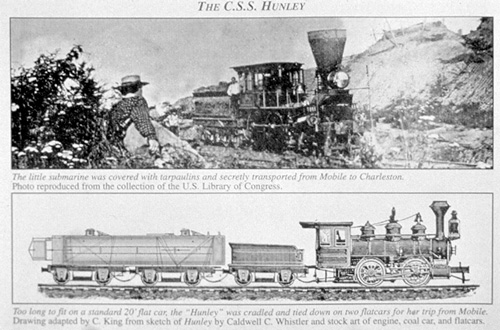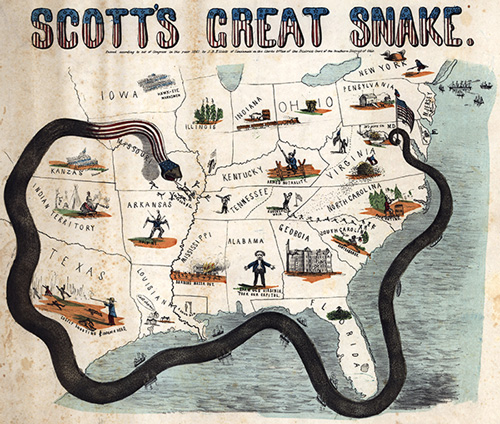The Civil War-era was one of industrious innovation and sweeping economic and cultural change. Not only would the country forever be transformed, but even the nature of warfare was fundamentally altered by the events that unfolded during this bloody conflict. In late 1860 and early 1861, the Southern states voted to secede from the United States, and formed the Confederate States of America. When South Carolina seceded, the first Confederate state to do so, they began to seize the forts within their borders and off their coastline. The only fort they were unable to seize was the most strategic and important one to the Union: Fort Sumter.
Robert Anderson was the Federal Major assigned to Fort Sumter and by April 1861, he and his men did not even have enough supplies to get them through the end of the month. On April 11, General Beauregard sent a letter to Major Anderson demanding the surrender of the fort. When Anderson refused, the next day at 4:30 AM, Beauregard ordered his forces at the Charleston battery to open fire onto Fort Sumter. After two days of heavy bombardment, Fort Sumter surrendered to the Confederates.
The Civil War had begun.



